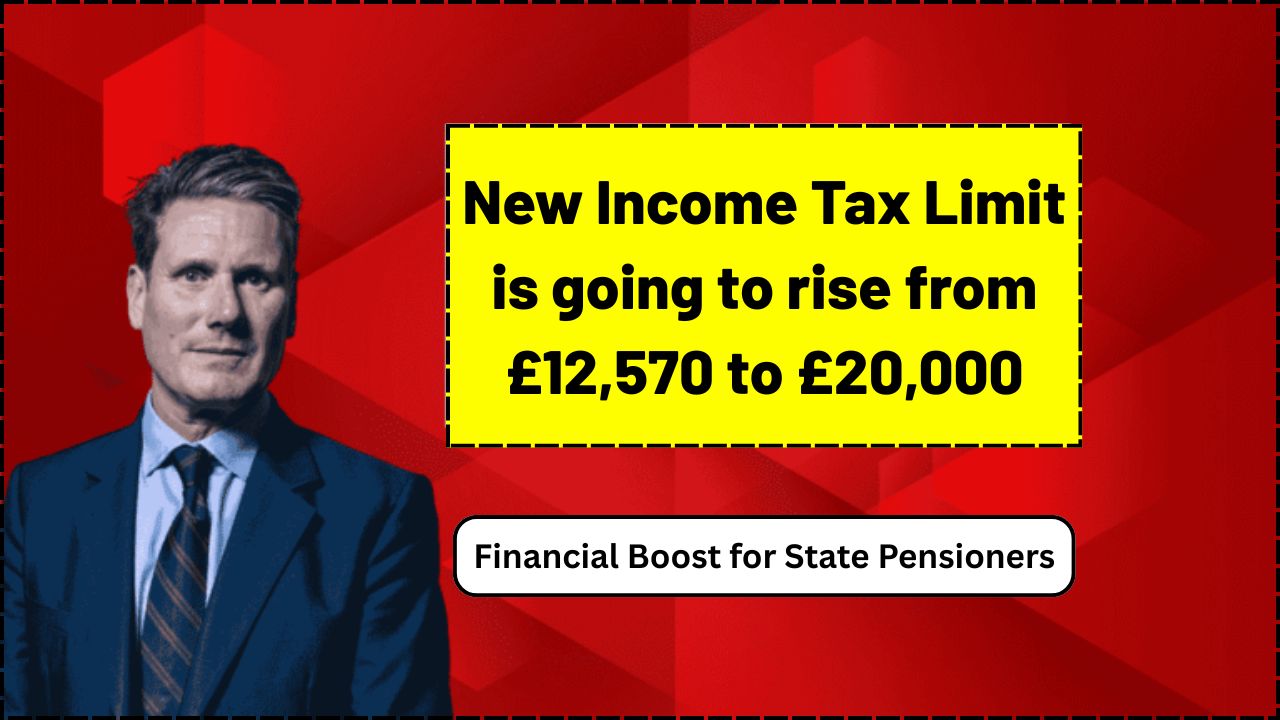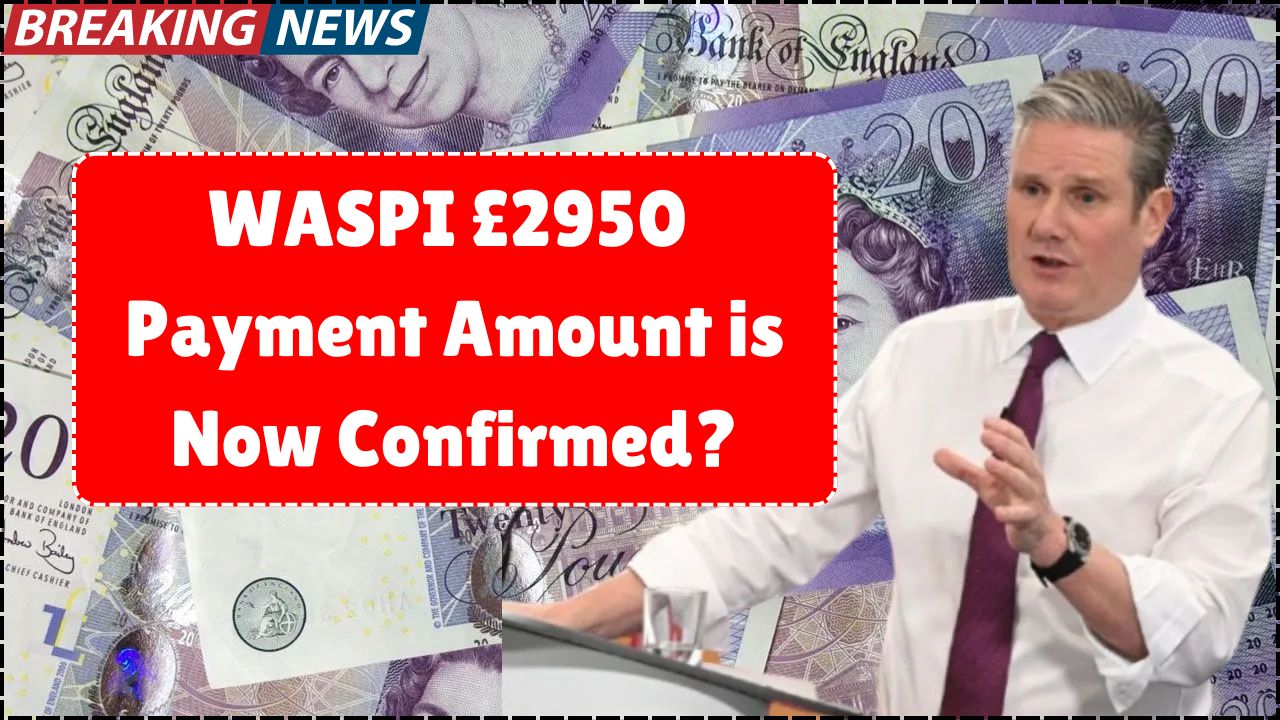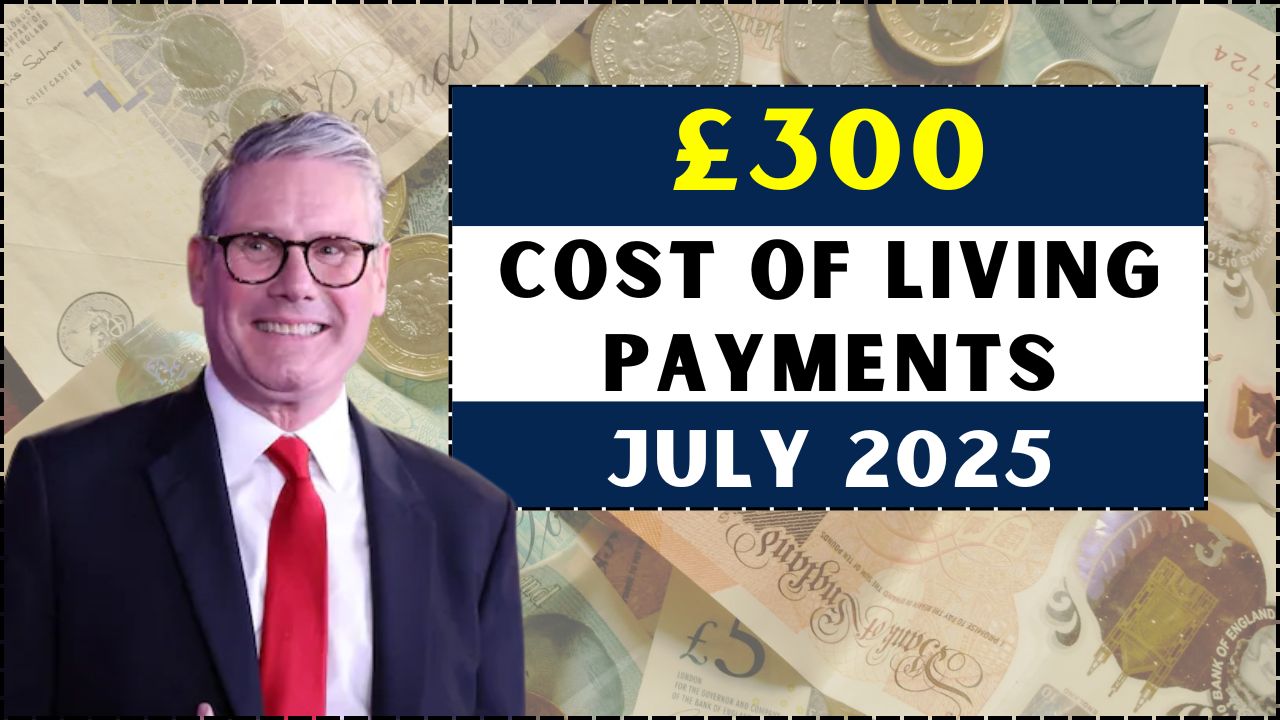
A petition initiated by Alan David Frost has garnered significant public support, urging the UK government to raise the income tax personal allowance from £12,570 to £20,000. As of June 2025, the petition has surpassed 200,000 signatures, prompting Parliament to consider it for debate.
Table of Contents
Why Increase the Personal Tax Allowance?
The Personal Allowance is the amount of income you can earn before you start paying income tax. Currently set at £12,570, it has been frozen since 2021, meaning it does not increase with inflation or wage growth. This freeze has led to more individuals being pushed into higher tax brackets, a phenomenon known as “fiscal drag.”
Key Arguments for Raising It to £20,000
- Helps Low Earners: Many individuals struggling on low wages would pay less tax, increasing their take-home pay.
- Supports Pensioners: Reduces or eliminates tax on State Pensions, ensuring retirees keep more of their money.
- Boosts the Economy: More disposable income could lead to higher consumer spending, stimulating economic growth.
- Reduces Reliance on Benefits: Higher tax-free earnings may allow more people to become financially independent.
Government Response & Next Steps
What Happens Next?
- At 10,000 signatures, the government was required to respond to the petition.
- At 100,000 signatures, Parliament must consider holding a debate on the issue.
- The petition remains open, meaning more people can still sign it to show support.
Government’s Position
The previous Conservative government froze the personal allowance until April 2028, instead of allowing it to rise with inflation and wages. This has resulted in more workers moving into higher tax brackets over time. If the government decides to raise the threshold, it would need to find alternative sources of revenue to offset the loss of tax income.
Understanding the UK Personal Tax Allowance
How It Works:
- If you earn over £100,000, your personal allowance decreases.
- For every £2 earned over £100,000, you lose £1 of your tax-free allowance.
- This means those earning £125,140 or more lose the entire personal allowance.
Marriage & Married Couple’s Allowance
- If you’re married or in a civil partnership, you may qualify for Marriage Allowance, which lets a lower-earning partner transfer up to £1,260 of their allowance to their spouse.
- If you or your partner were born before 6 April 1935, you may be eligible for Married Couple’s Allowance, which can reduce tax further.
Potential Impact of Raising the Allowance to £20,000
Who Benefits?
- Low earners: More people would pay zero income tax on their wages.
- Pensioners: Many would no longer pay tax on their State Pension.
- Middle-class workers: Would save up to £1,486 per year in tax.
Challenges & Concerns
- Loss of Tax Revenue: Estimated at £40-50 billion per year, affecting public services like the NHS, education, and welfare.
- Possible VAT or NI Increases: The government may raise other taxes to compensate.
- Inflation Risk: More disposable income could lead to higher consumer prices.
FAQ
Q1: What is the UK Personal Allowance?
A = The Personal Allowance is the amount of income you can earn before paying tax. It is currently set at £12,570.
Q2: Why is there a petition to raise the personal allowance to £20,000?
A = Supporters believe raising the Personal Allowance would help low earners, reduce tax on pensions, and boost the economy by increasing disposable income.
Q3: How many people have signed the petition so far?
A = As of now, over 200,000 people have signed the petition, meaning Parliament will consider it for debate






